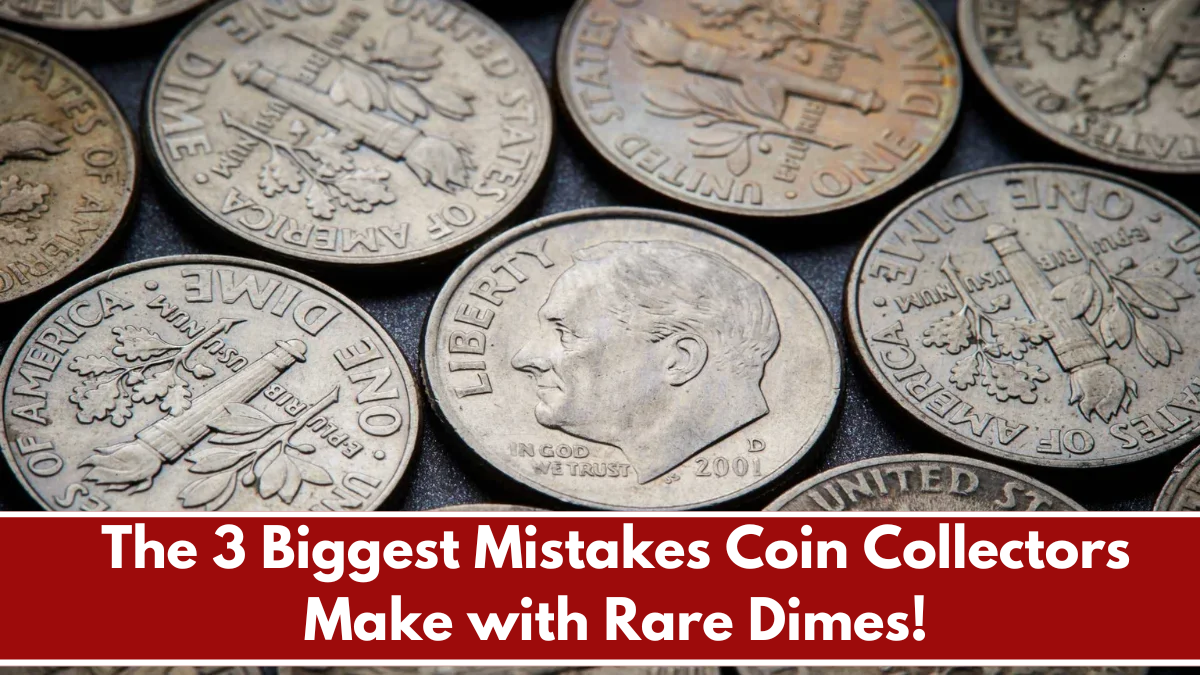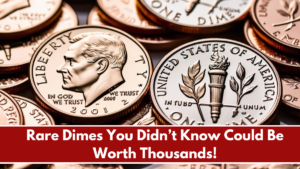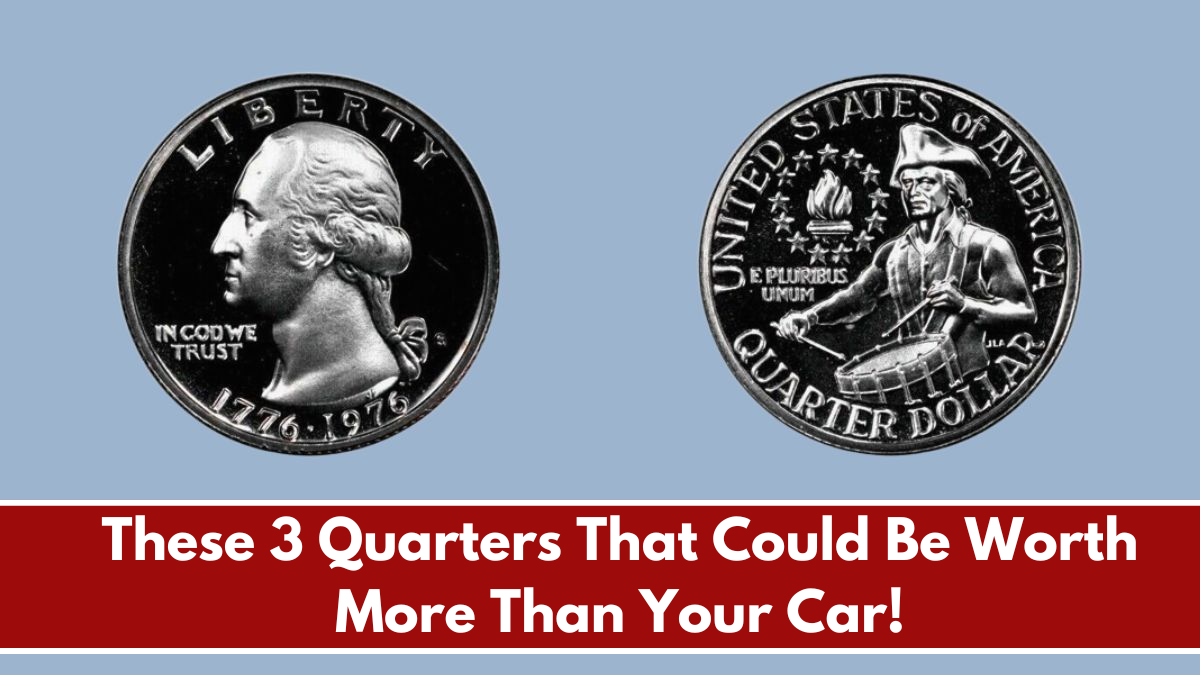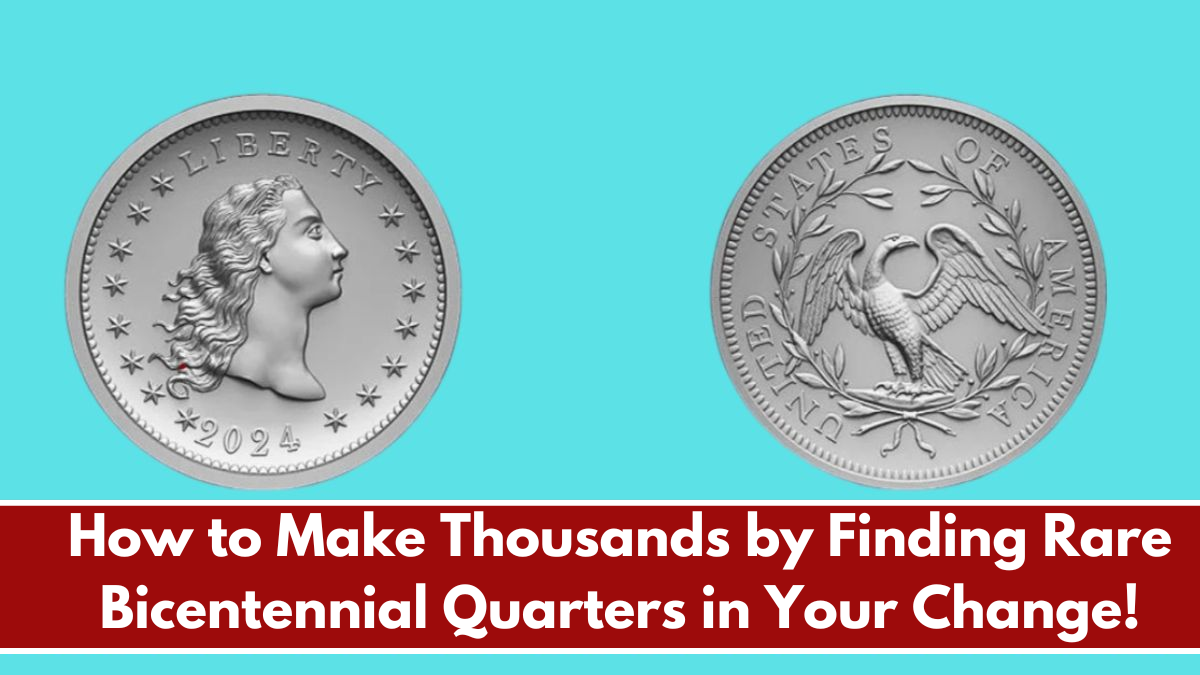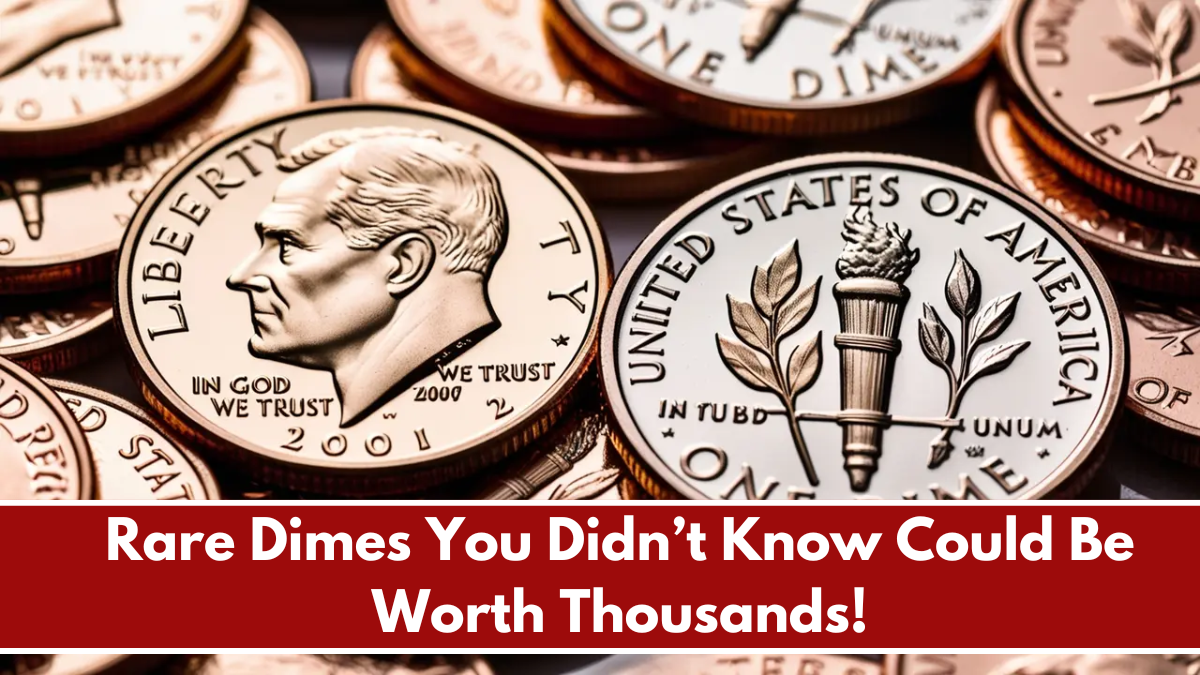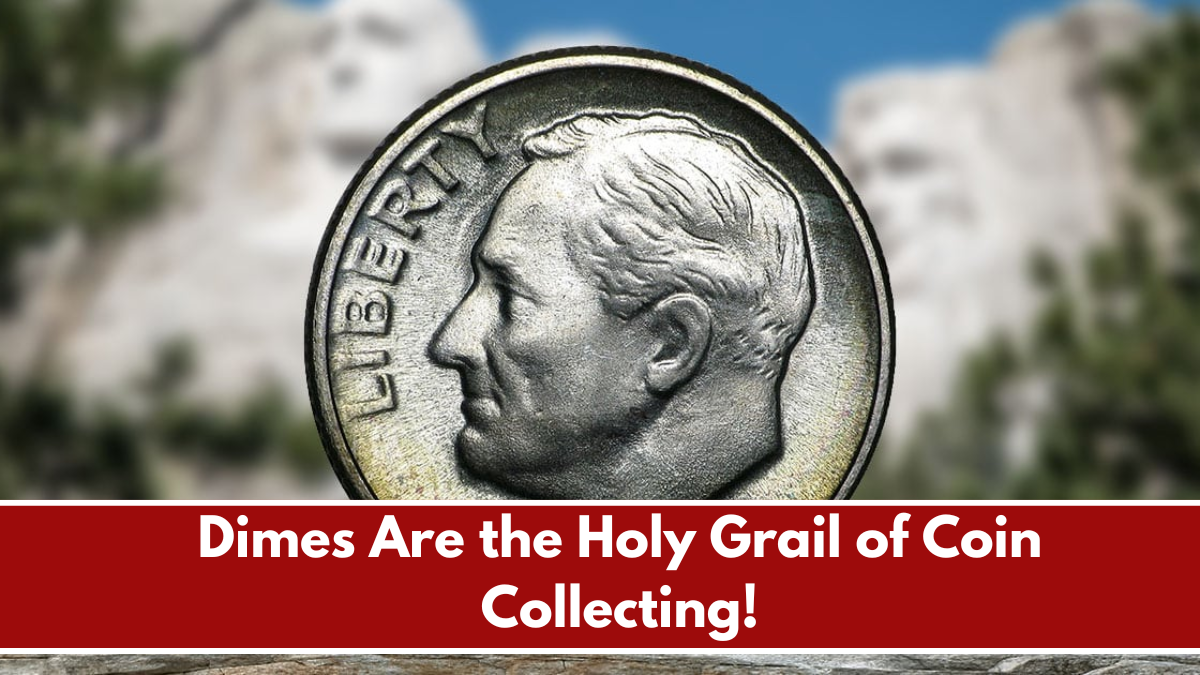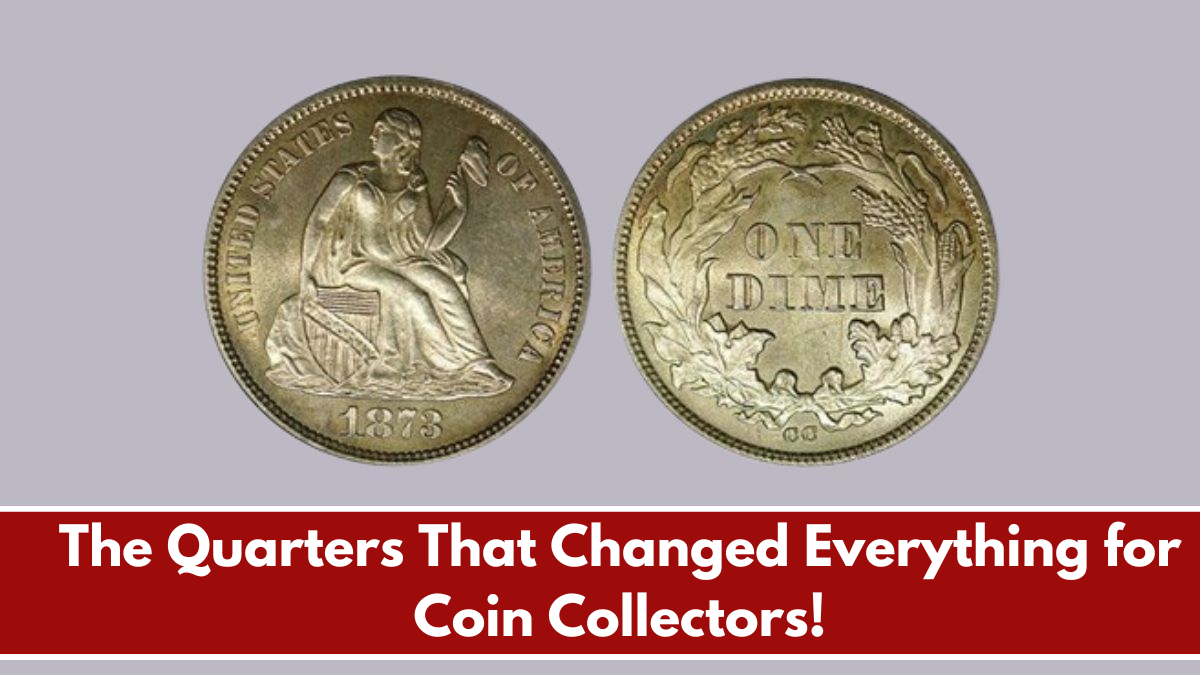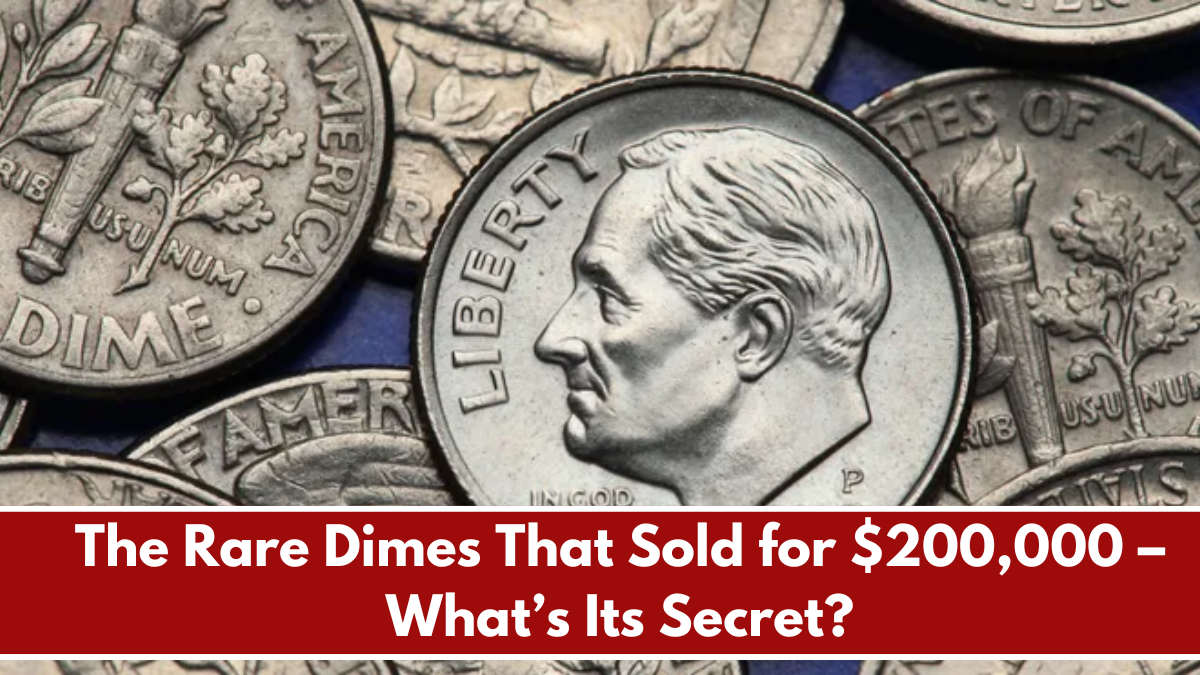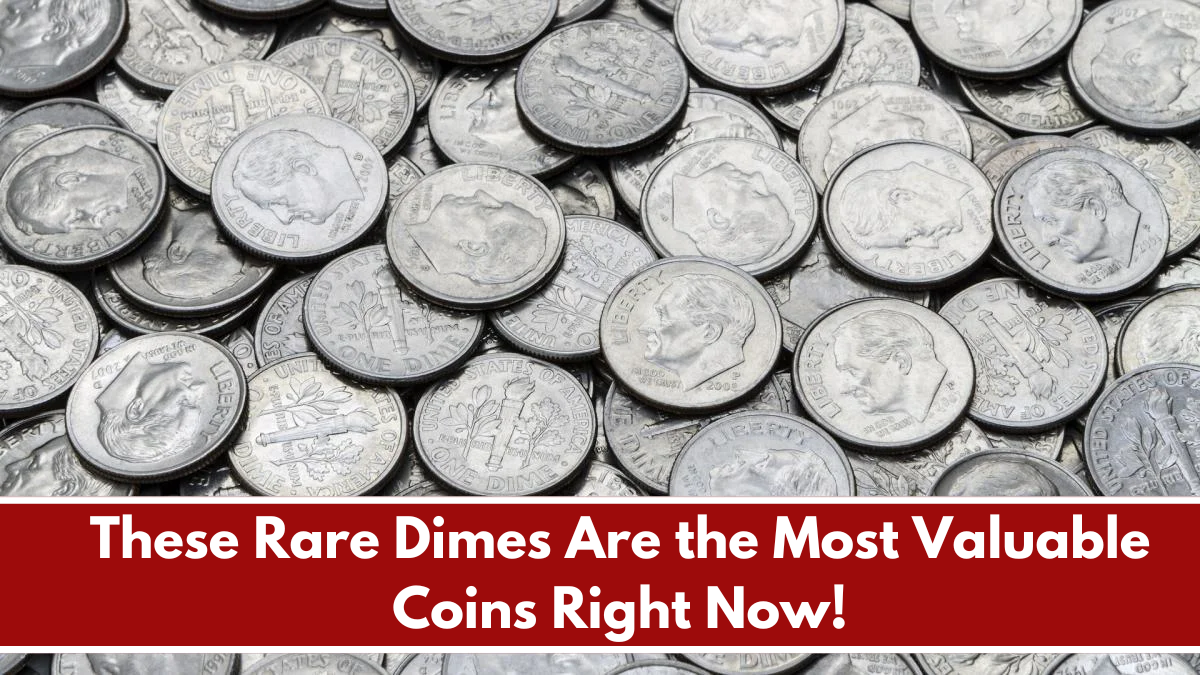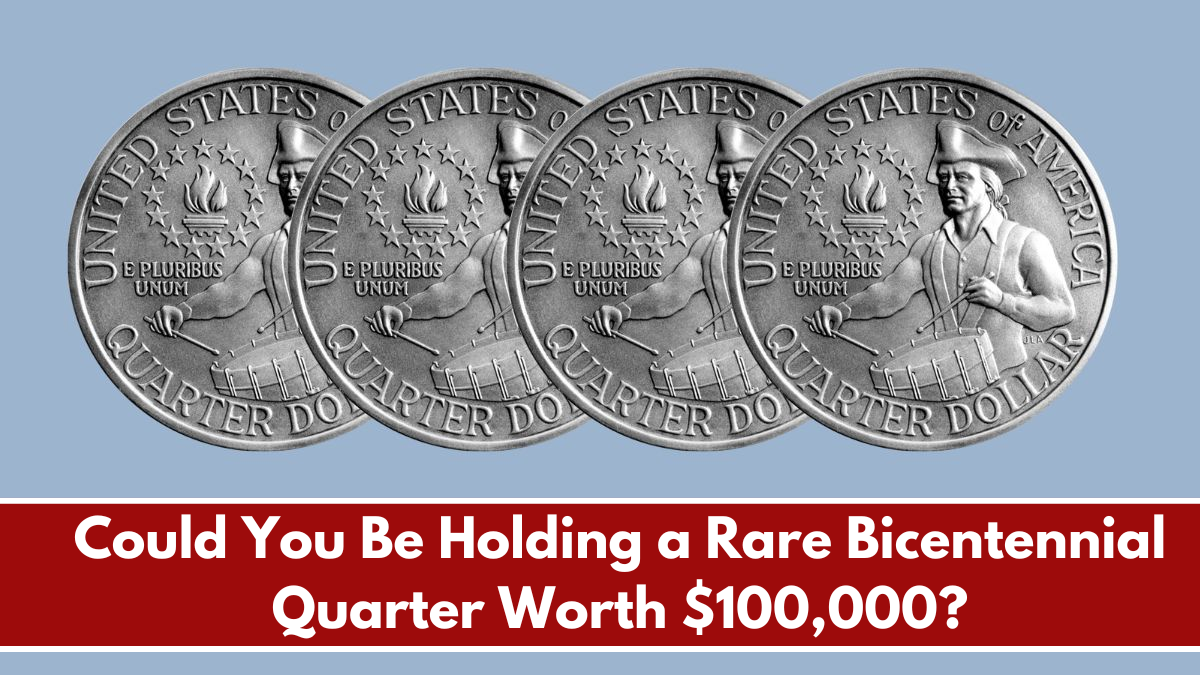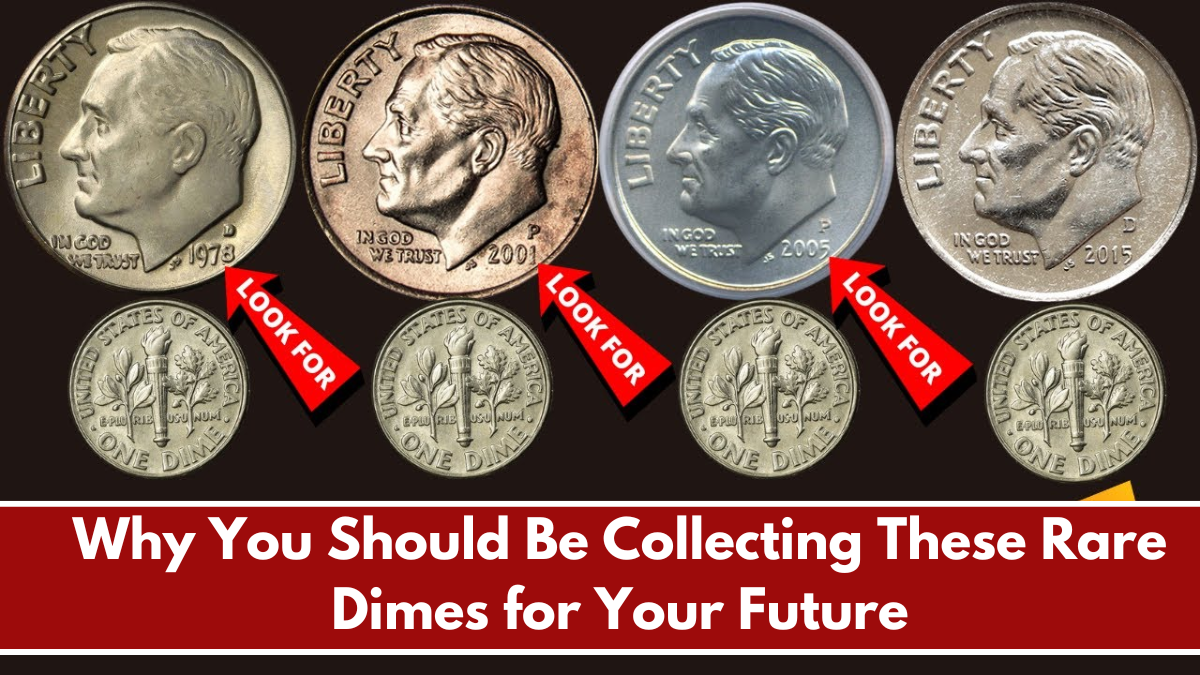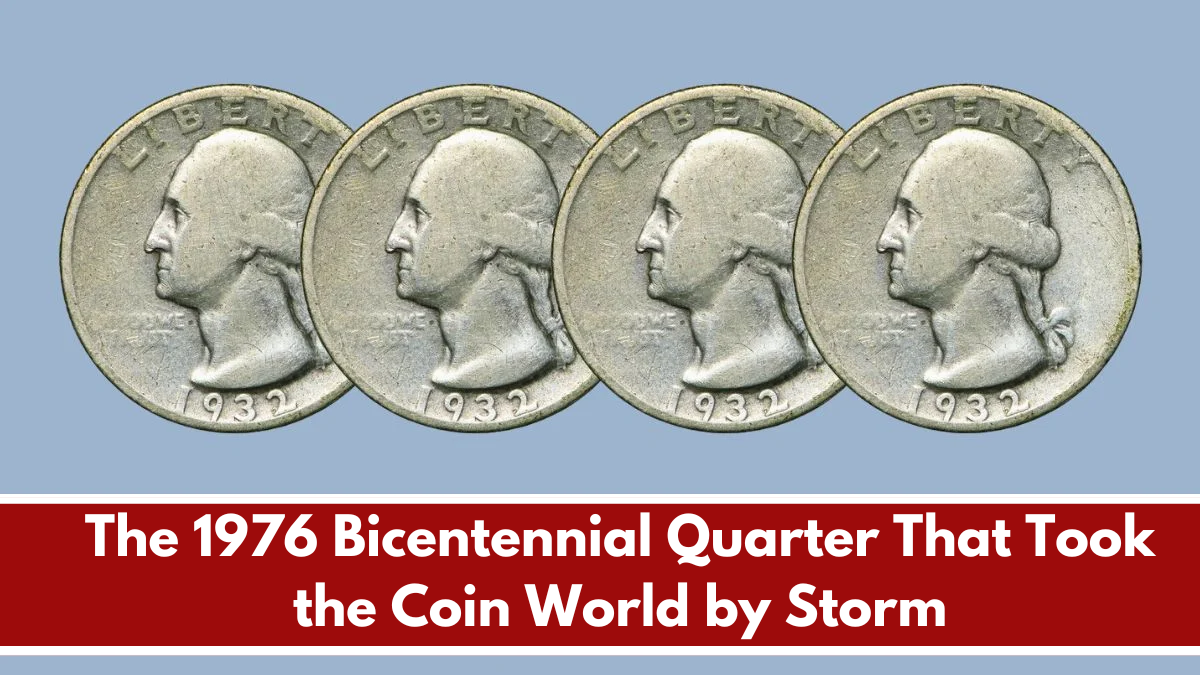Coin collecting is an exciting hobby that can also be a lucrative investment, especially when it comes to rare dimes. However, even seasoned collectors can make costly mistakes. Knowing what these mistakes are and how to avoid them will help ensure your collection grows in value, not loses it. In this article, we will look at the three biggest mistakes coin collectors make when dealing with rare dimes and how you can avoid them.
1. Ignoring the Condition of the Dime
One of the biggest mistakes collectors make is underestimating the importance of a coin’s condition. While it’s tempting to collect a rare dime just because of its year or mintmark, the condition of the coin is arguably the most crucial factor in determining its value. Coins in poor condition with visible scratches, discoloration, or wear are worth significantly less than coins in pristine condition. Always handle your dimes carefully, preferably using gloves, and store them in protective holders or capsules to maintain their condition. If you aren’t sure about a dime’s condition, seek the opinion of a professional coin grader.
2. Focusing Too Much on Rare Dates and Mintmarks
Many new collectors mistakenly believe that a rare date or mintmark automatically makes a dime valuable. While certain dates and mintmarks, such as the 1894-S Barber Dime or a 1942 Mercury Dime, are highly sought after, value isn’t just about rarity. You also need to take into account other factors like minting errors, overall demand, and the coin’s specific characteristics. Don’t only look for dimes with rare dates. Consider other factors like minting errors, and keep an eye on dimes in excellent condition. Even coins with common dates can be valuable depending on the quality and unique features.
3. Not Getting Coins Professionally Graded
A common mistake many collectors make is neglecting to have their rare dimes professionally graded. Coin grading is a specialized skill that evaluates a coin’s quality based on its visual features, such as wear, luster, and strike. Without proper grading, you may not know the true value of your coin, and it may even be difficult to sell. Always have your rare dimes professionally graded by a trusted service such as the Numismatic Guaranty Corporation (NGC) or Professional Coin Grading Service (PCGS). A high-grade coin can significantly increase its resale value.
By avoiding these common mistakes, you can ensure that your rare dimes retain their value and continue to appreciate over time. Always focus on the condition of the coin, consider factors beyond rarity, and don’t skip the professional grading process. With these tips in mind, your coin collection is on the path to success!
FAQ’s:
1. How can I tell if a rare dime is in good condition?
A coin in good condition will have clear details, minimal wear, and no visible scratches. The higher the clarity of the design and the absence of discoloration, the better the condition.
2. Should I buy rare dimes based solely on the mintmark?
No, the mintmark is important, but it’s not the only factor to consider. Look at the coin’s overall quality, rarity, and any minting errors before making a purchase.
3. What’s the benefit of professional coin grading?
Grading helps determine the value of your coin. Coins that are professionally graded often fetch a higher price in the market because buyers have assurance of their quality and authenticity.
4. Are there any dimes that are always valuable?
Some dimes, like the 1894-S Barber Dime and the 1942 Mercury Dime, are consistently valuable due to their rarity. However, their value is still heavily dependent on condition and unique characteristics.
5. How do I store my rare dimes properly?
Use coin holders, capsules, or albums made from non-reactive materials to keep your dimes safe. Always avoid touching the coin directly, as oils from your fingers can damage the surface.
